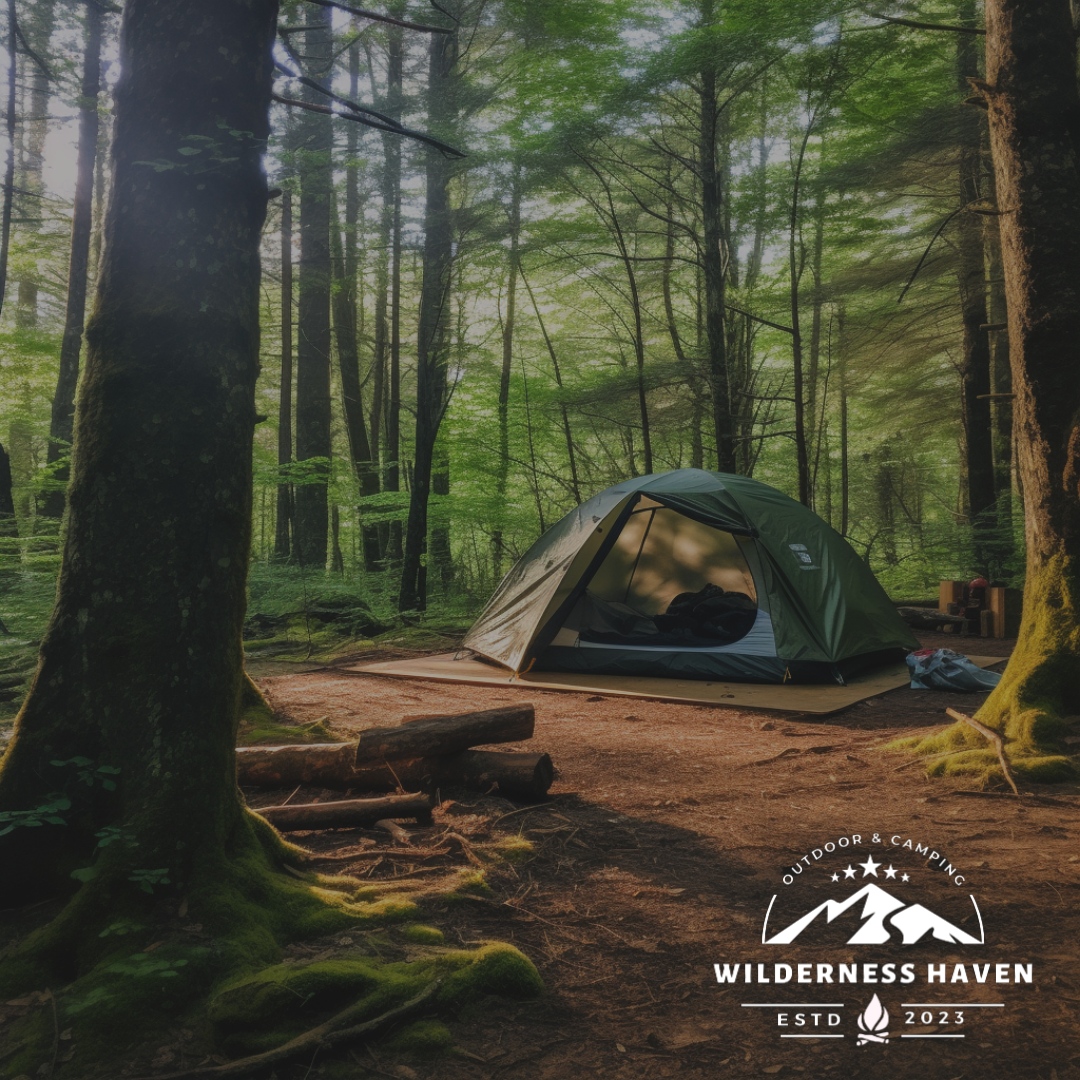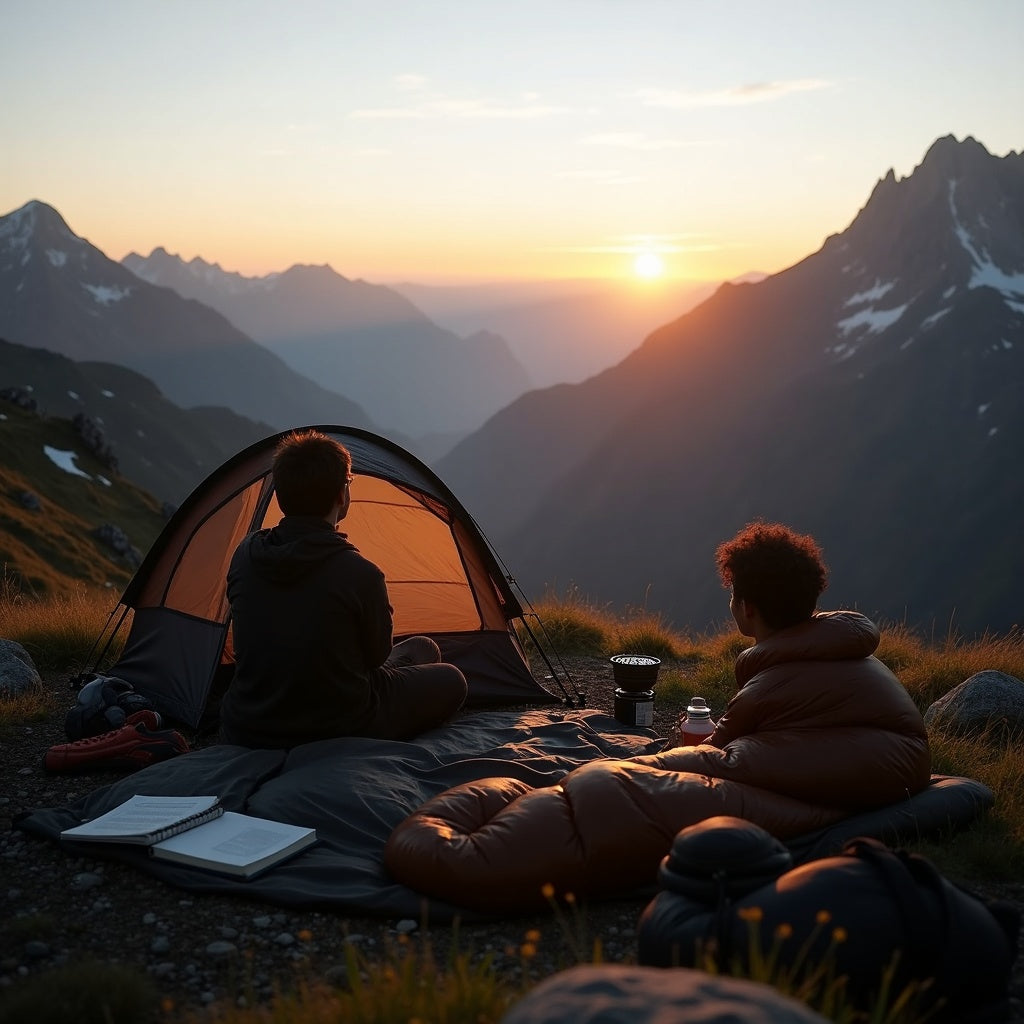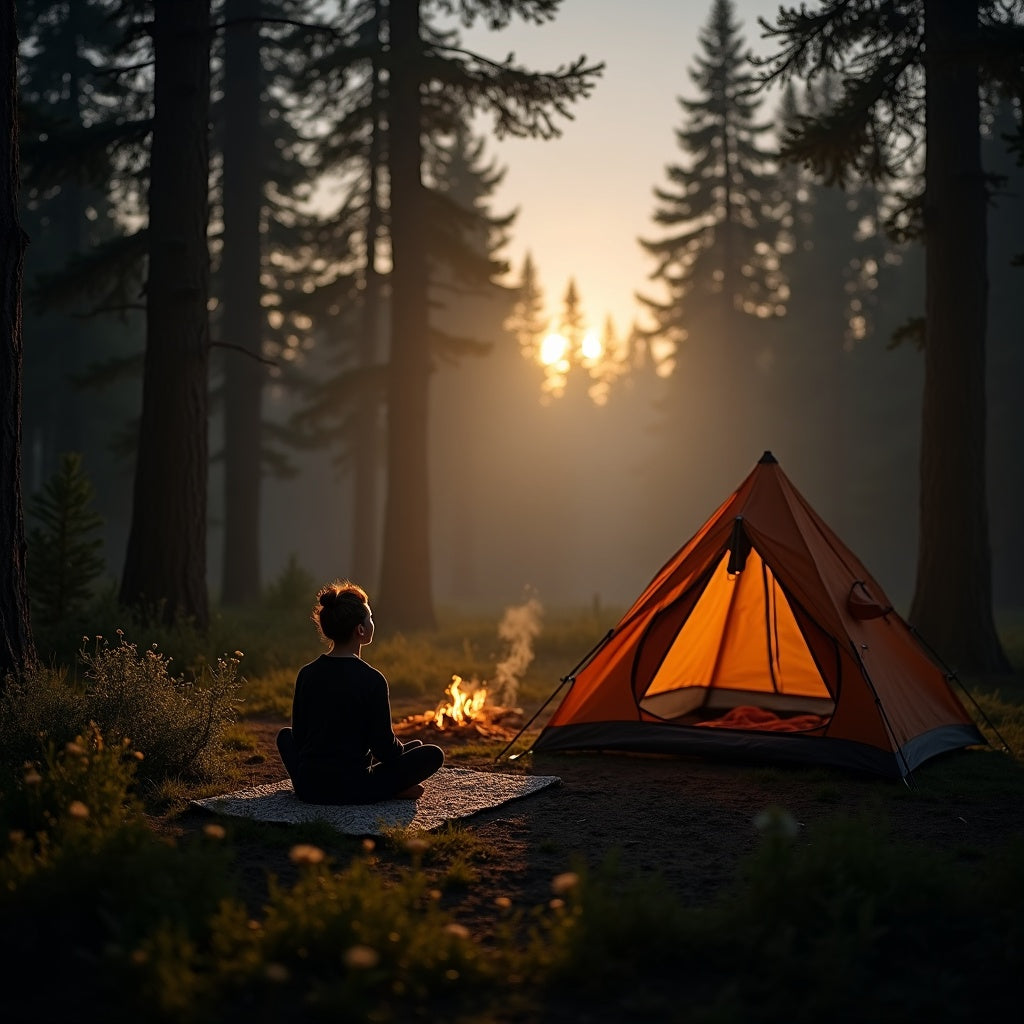Camping and hiking are wonderful ways to immerse yourself in the beauty of nature and escape the hustle and bustle of everyday life. However, with this privilege comes the responsibility of preserving and protecting the environment. Leave No Trace (LNT) is a set of principles that guides outdoor enthusiasts on how to enjoy the great outdoors while minimizing their impact. In this blog post, we'll explore the Leave No Trace principles and why they are essential for responsible camping and hiking.
- Plan Ahead and Prepare:
The first principle of Leave No Trace begins before you even set foot in the wilderness. Proper planning helps reduce the potential for accidents and ensures you're equipped to minimize your environmental impact. Here's how to plan responsibly:
- Research the regulations and guidelines for the area you'll be visiting.
- Check the weather forecast and pack accordingly.
- Choose lightweight, low-impact camping equipment.
- Be mindful of the group size and camping location to avoid overcrowding.
- Travel and Camp on Durable Surfaces:
When camping or hiking, stick to established trails and campsites to avoid damaging fragile ecosystems. Avoid creating new trails or trampling on vegetation. Use designated campfire rings and keep your campsite small to reduce the impact on the environment.
- Dispose of Waste Properly:
The "pack it in, pack it out" philosophy is crucial in Leave No Trace camping and hiking. Here's how to handle waste responsibly:
- Carry out all trash and litter, including food scraps and cigarette butts.
- Use established restroom facilities when available. If not, dig a small hole at least 200 feet away from water sources for human waste disposal.
- Bring biodegradable soap, and use it sparingly, keeping it away from natural water sources.
- Leave What You Find:
One of the primary principles of Leave No Trace is to preserve the natural environment for future generations. Here's how you can practice this principle:
- Do not pick flowers, disturb wildlife, or damage trees or plants.
- Do not build structures, furniture, or dig trenches in campsites.
- Leave natural and cultural features undisturbed for others to enjoy.
- Minimize Campfire Impact:
Campfires are a significant source of impact in the wilderness. If fires are allowed in your camping area, follow these guidelines:
- Use a camp stove for cooking to avoid wood fires.
- If fires are permitted, use established fire rings and keep the fire small.
- Burn all wood and coals to ash, and scatter the cool ashes in a wide area.
- Respect Wildlife:
Part of the joy of camping and hiking is the potential for wildlife encounters. Respecting wildlife and minimizing your impact on their habitat is essential. Here's how:
- Observe animals from a distance, using binoculars and telephoto lenses for close-ups.
- Do not feed wildlife; it can disrupt their natural behaviors and harm them.
- Store food securely to prevent animals from becoming accustomed to human food sources.
- Be Considerate of Other Visitors:
Sharing the outdoors with fellow campers and hikers requires being considerate of their experiences. Here's how to practice this principle:
- Keep noise levels down, especially in the early morning and evening.
- Yield the trail to other hikers, and keep your group size small to minimize the impact on others.
Practicing Leave No Trace principles is essential for preserving the wilderness and ensuring that future generations can enjoy it as much as we do. Responsible camping and hiking are not only about personal safety but also about being stewards of the environment. By following these principles, we can minimize our impact on nature and contribute to the sustainability of our planet's precious natural resources.






